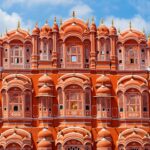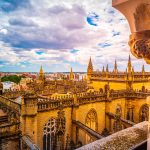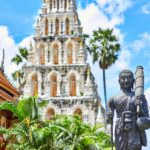Easter in Greece
Easter in Greece – Greece hosts religious festivals with ancient customs and secular traditions throughout the year. One of the greatest celebrations of both Eastern and Western Christianity is Easter. The Christian faithful throughout Greece follow the Holy Week ritual with devotion, giving themselves body and soul to the culmination of Christ’s passion and, finally, uniting in his resurrection. We are going to learn more about ancient rituals and traditions … Read more on Greece Festivals
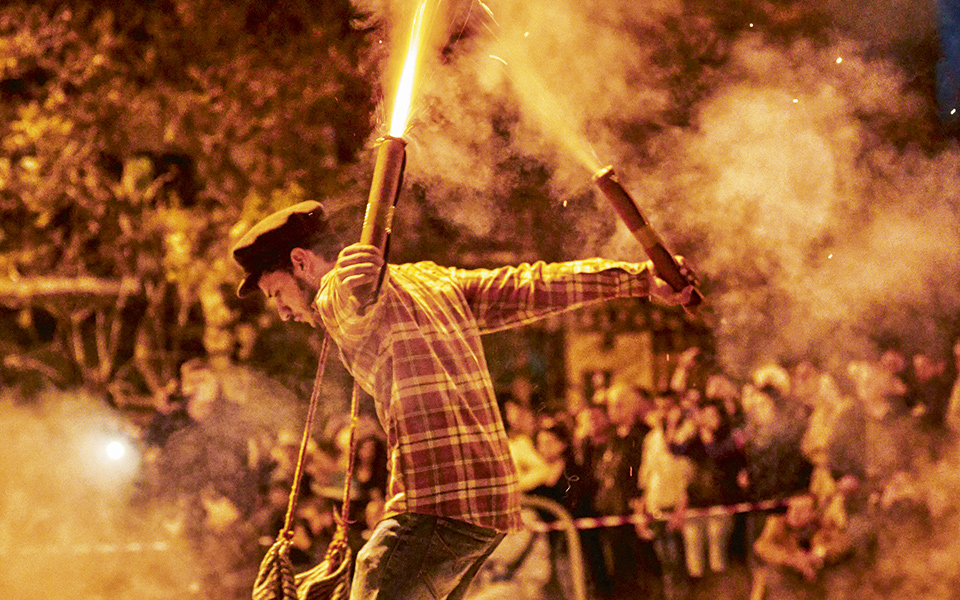
On the morning of Holy Saturday, preparations begin for the festive dinner on the night of the resurrection and the housewives cook “magiritsa” (a soup of tripe and herbs). Before midnight, people gather in the church with white candles, which are lit with the “Holy Light.” The resurrection of Christ is celebrated at noon sharp, with drum beats and fireworks. When “Christós anesti” (Christ is risen) is proclaimed as the bells ring out, an impressive display of fireworks lights up the night sky. People say the phrase “Christós anesti” to each other and the answer is “Alithos anesti” (He is truly risen!). Then everyone gathers around the festive table, to clink the red eggs and eat the traditional “magiritsa”. On Easter Sunday morning, as the 40-day fasting period finally comes to an end, in many parts of the country, lamb is prepared on the spit. In other regions, the meat for the Easter table – lamb or kid – is cooked in the oven. The atmosphere is festive, full of joy and excitement! The Easter tables are set and people gather happily, eating and drinking with their family until late at night.
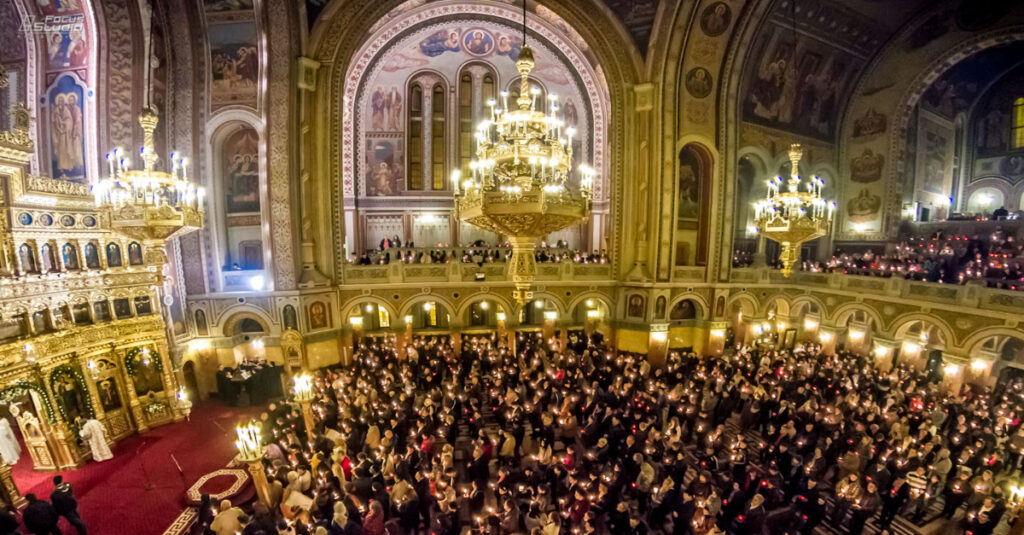
The Easter celebrations throughout Greece are very interesting; Some of the most famous destinations to celebrate Easter are considered Corfu, Syros, Skiathos, Patmos, Chios, Leonidio and Monemvasia. There you will have the opportunity to live a unique experience to lose yourself in this spiritual atmosphere and participate in sacred rituals, ancient ancient traditions and joyful celebrations!
Easter in Skiathos, the island of the “Saint of Greek literature” Alexandros Papadiamantis, is undoubtedly a spiritual experience, as locals observe the ritual monastery of Mount Athos, and live the Passion Week in devotion and deep contemplation. The sound of the mourning bells, and the scents of nature and flowers blend harmoniously into sweet melancholy.
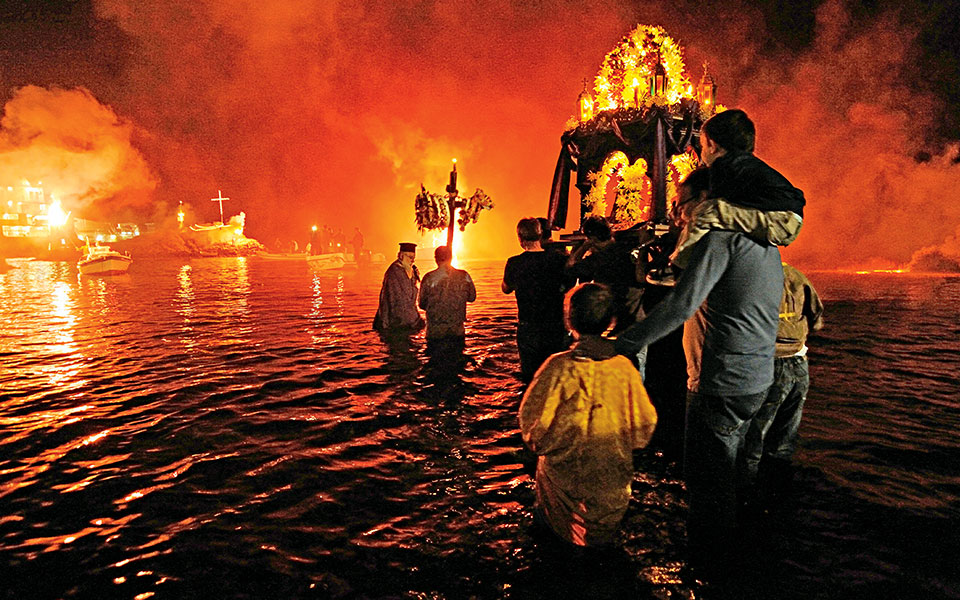
Enjoy the fascinating religious celebrations held in Corfu Town during Easter. Don’t miss out on the highlights of Holy Week:
- On Holy Wednesday at 8:30 p.m. the locals fill the Municipal Theater to listen to the Municipal Choir singing ecclesiastical hymns of the week of passion.
- On Holy Thursday in the Duomo, the Catholic cathedral, 12 candles are lit and each one goes out after the reading of each of the 12 Gospels.
- On Good Friday the young girls decorate the epitaphs, the circumambulation of which begins early in the afternoon accompanied by choirs and bands. The last and most impressive epitaph, the epitaph of the Corfu Cathedral, makes its appearance at 10pm. Listen to the music performed by the Corfu Philharmonic, which adds an ecstatic dimension to this sad night …
- On Holy Saturday at 11:00 am the first resurrection is announced. Get ready for a truly unique celebration: “Christós anesti” is proclaimed with the loud melodies of the bells and the joyous sounds of the bands, as they pass through the streets. People throw clay pots from windows and balconies that smash loudly into alleys. In the evening, attend the Catholic Mass of the Resurrection at the Cathedral, or the Orthodox Resurrection Service at “Pano Platía” (Plaza Alta). Visitors will find themselves surrounded by thousands of lighted candles: on balconies, in windows, and in the hands of the other people who attended the ceremony. The resurrection of Christ is celebrated at noon sharp, with drum beats and fireworks.
During holy week on Patmos, the island where the Apocalypse had been written, visitors witness a deeply spiritual atmosphere. The presence of the Monastery of San Juan and the practice of early Christian traditions preserved until today such as “washing the disciples’ feet”, the Re-enactment of the Deposition of the cross in the Monastery of San Juan. Don’t forget the celebration of the Resurrection on Easter Sunday and the climax of the Easter ceremonies, the “Liturgy of Love”, which takes place on Easter Sunday at 3pm at the Monastery of San Juan.
Apart from being the Island of Aromas in the northeast Aegean, Chios is well known for the magnificent Easter festivities as well. On the night of Holy Saturday the villagers of Vrontádos are ready to set the night on fire! A fireworks war takes place here, dating back to the time of the Turkish occupation (15th to 19th centuries) and turning this town into a virtual battlefield.
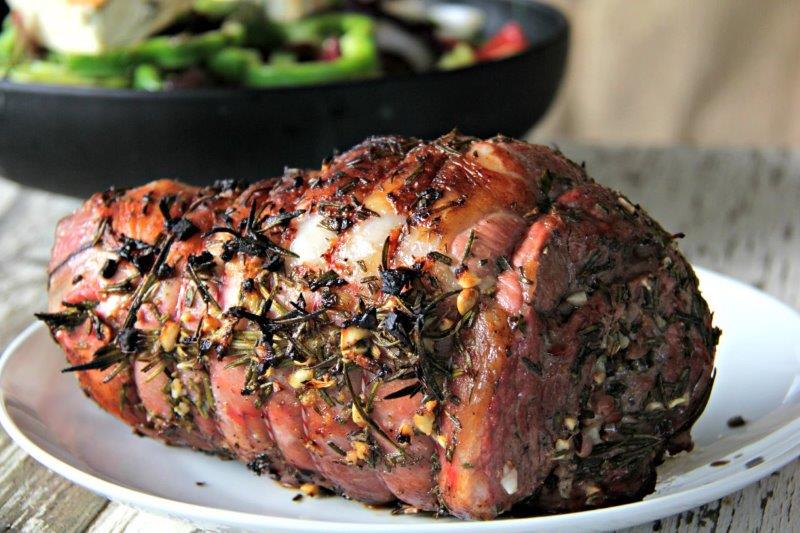
During Easter in Leonidio devotion and emotion go hand in hand, thanks to the spectacular custom of balloons that appear for more than a century. Although its origin is unknown, it is believed that the custom is a rebirth of a similar one that sailors in the area had seen practiced in some Asian country.
After the Good Friday procession, the Epitaph around the alleys of the medieval fortress-city of Monemvasia is an unforgettable experience; the faithful join in the procession that takes place in the church of Christ Elkomenos keeping white candles; the Easter hymns that sound around the place create a mystical atmosphere, impregnated with devotion and contemplation… On Easter Sunday, in the courtyard of the Church of Christ Elkomenos, you can see the ancient ritual of “Judas Burned“: an effigy of Judas made of straw wood and full of Explosives catches fire!

